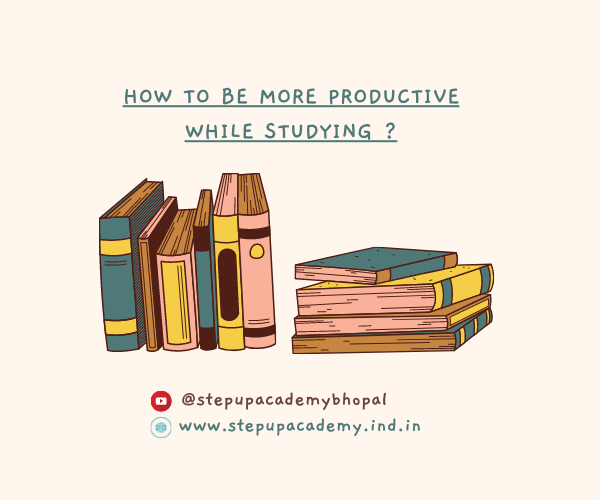Music and Learning: Connection to Cognitive Development
21-06-2023 18:26
From Mozart to Beethoven, music has been celebrated for its ability to touch our hearts and stir our emotions. But can music also have a profound impact on our cognitive abilities? The idea that music makes you smarter has been a topic of discussion and research for years. In this blog, we delve into the relationship between music and intelligence, exploring the evidence behind the claim and uncovering the potential benefits of music on learning and academic performance.
The Mozart Effect and Beyond: The "Mozart Effect" is a phenomenon that gained popularity in the 1990s after a study suggested that listening to classical music, particularly Mozart, could temporarily enhance spatial-temporal reasoning skills. However, subsequent research has been inconclusive, indicating that the effect may be short-lived and vary from person to person. While the direct link between listening to music and increased intelligence is still under debate, there are several ways in which music can positively influence learning.
Enhanced Cognitive Skills:
Memory and Focus: Music engages various areas of the brain, stimulating neural connections and enhancing memory and attention. Learning to play an instrument, for example, requires memorizing musical notes, rhythms, and patterns, sharpening memory skills that can extend to other areas of learning.
Spatial-Temporal Skills: Music, especially complex compositions, can improve spatial-temporal reasoning, which involves mental visualization, pattern recognition, and problem-solving. This skillset is crucial for mathematics, physics, and other subjects that require understanding spatial relationships and manipulating abstract concepts.
Language Development: Learning to play a musical instrument often involves reading sheet music and interpreting symbols, which can strengthen language processing skills. Moreover, the rhythmic patterns and melodies in music can aid in language acquisition and phonological awareness in young learners.
Emotional and Behavioral Benefits:
Emotional Intelligence: Music has the power to evoke emotions and connect with our inner selves. By exploring different genres and musical expressions, students can develop emotional intelligence, fostering empathy, self-awareness, and the ability to understand and regulate emotions.
Stress Reduction and Well-being: Engaging with music, whether through active participation or passive listening, can alleviate stress and promote overall well-being. The soothing melodies, rhythmic patterns, and harmonies have a calming effect, reducing anxiety and creating a conducive environment for learning.
Motivation and Discipline: Learning to play an instrument requires dedication, practice, and perseverance. Students who engage in musical pursuits often develop discipline, time management skills, and a strong work ethic. This dedication can spill over into other academic areas, enhancing motivation and commitment to achieving goals.
Integration of Music in Education:
Music Education Programs: Schools that incorporate music education into their curriculum provide students with a valuable avenue for artistic expression and personal development. By integrating music into regular classroom activities, educators can create a dynamic and stimulating learning environment.
Multisensory Learning: Music engages multiple senses simultaneously, providing a multisensory learning experience. Combining auditory, visual, and kinesthetic elements in music education can cater to different learning styles, making concepts more accessible and memorable.
Cross-Curricular Connections: Music can be seamlessly integrated into various subjects, creating meaningful connections and reinforcing learning. For instance, using songs to teach history, science, or foreign languages can enhance students understanding and retention of the material.
While the notion that music makes you smarter might be oversimplified, the impact of music on learning and cognitive development is undeniable. From enhancing cognitive skills to fostering emotional intelligence and promoting overall well-being, music offers a myriad of benefits for students. By recognizing the unique power of music and integrating it into educational settings, we can unlock its potential as a valuable tool for holistic student development.




